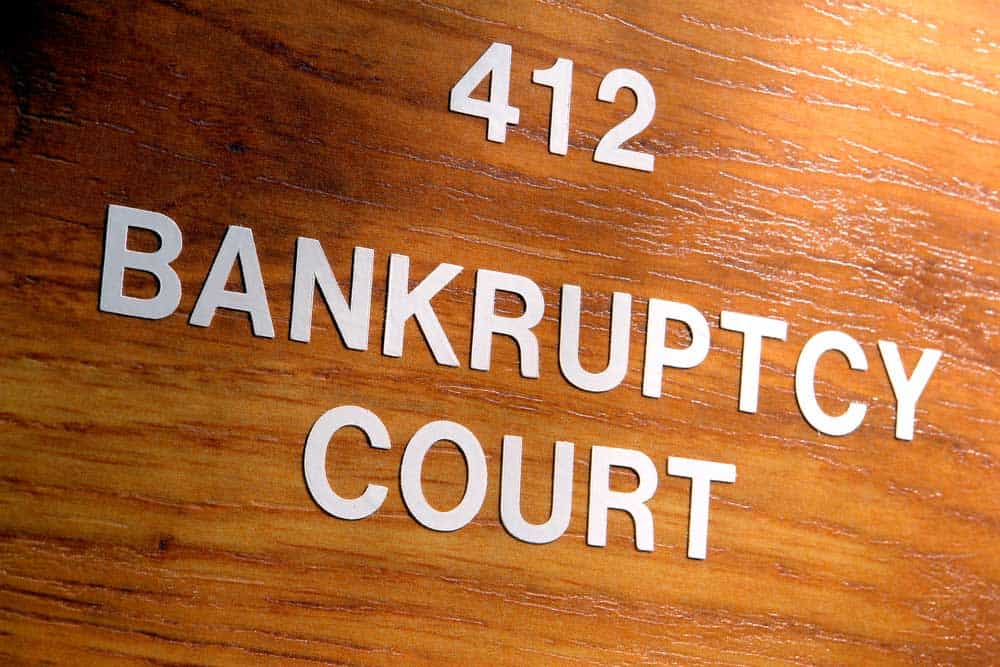Not all debts are included in a bankruptcy discharge.
When you file for bankruptcy, it does not automatically mean that all of your debts go away. Before you file for bankruptcy, it’s important to learn about the process of bankruptcy discharge so that you will know what you can expect regarding the bankruptcy process.
First of all, when you file for bankruptcy, it does not automatically mean that your debts will be erased. In fact, your lawyer will have to work with your creditors in order to figure out what is going to be done about your debt. Depending on the type of bankruptcy you file, you different actions may be necessary before your debts can be discharged.
Usually it takes three to five months for a bankruptcy to be discharged. During this time, you’ll still technically be in debt to your creditors. However, if you have already filed for bankruptcy, then your creditors are not allowed to harass you for payments. Therefore, you should know your rights and if you are being contacted during this time, make sure that you report it to the proper authorities.

Not all debts are going to be erased by your bankruptcy discharge, however. You should make sure that you know which ones these are so that you are not surprised when it happens. For example, if you forget to list any of your debts, then these will not be erased by your bankruptcy. This is one reason why it is very important to be extremely careful when you fill out your bankruptcy forms.
You will also still owe debts in the cases of child support or alimony – so you should make sure that you have a plan for continuing to pay these debts. Also, any debts that you have picked up due to crimes that you committed will still be in effect.
There are a few more cases in which you will still have to pay off your debts after your bankruptcy discharge. If you are at all concerned that some of your debts will not be discharged, then you should make sure that you talk to a bankruptcy lawyer about your debts.

